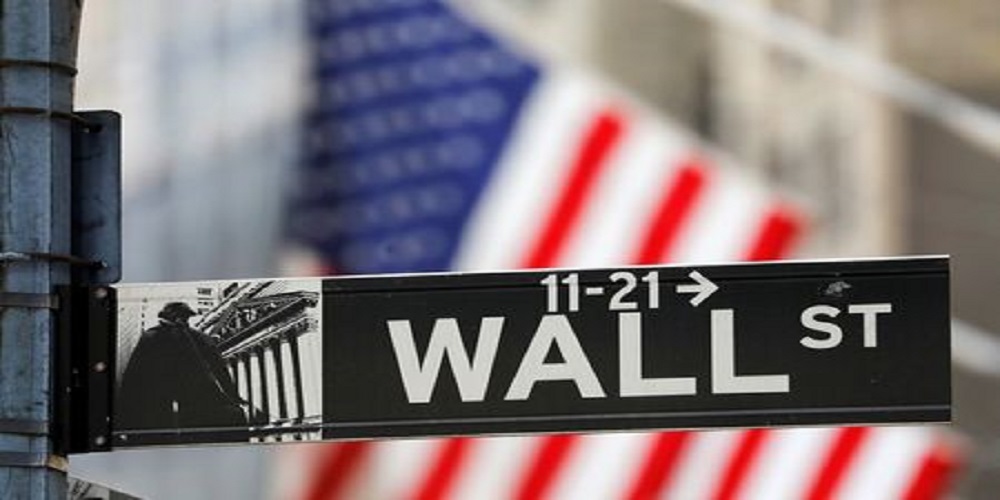On Tuesday, when the CEO of manufacturer Moderna cautioned that COVID-19 vaccination are unlikely to be as effective against the new Omicron type, international stock markets fell as investors fled to safer currencies and bonds.
Early on, Europe’s major stock exchanges fell 1.4 percent, oil fell 3%, and Australia’s currency, which is extremely sensitive to global economic confidence, fell to a year low, while Japan’s safe-haven yen, German government bonds, and gold all climbed.
In an interview with the Financial Times, Moderna’s CEO, Stéphane Bancel, said, “I believe there is no scenario where (effectiveness) is at the same level.”
“I believe it will be a significant drop.” I’m simply not sure how much it will cost since we need to wait for the data. “However, every scientist I’ve spoken to says, ‘This isn’t going to be good,'” Bancel added.
The early losses wiped away Monday’s gains, putting European share markets below the levels reached on Friday when traders ripped $2 trillion off global equities in the first Omicron meltdown.
Bancel had previously said on CNBC that further information on the effectiveness of COVID-19 vaccinations against Omicron should be available in two weeks, but that releasing a revised vaccine built for the new version might take months.
“It’s not good news, and it’s coming from someone who should know,” said Joe Capurso, currency strategist at the Commonwealth Bank of Australia. “Markets have responded in just the manner you’d anticipate.”
MSCI’s broadest global stocks index, which monitors 50 nations, was down 0.2 percent, putting it on course for just its third month of losses this year. In 2021, it has increased by about 14%, while developing market equities have fallen by roughly 6%.
Currency markets were also impacted by risk aversion, with the US dollar down 0.3 percent against its key competitors. The Australian dollar fell 0.65% to $0.7093, its lowest level in a year, while the Japanese yen, which is generally seen as a safe haven owing to its function as a financing currency, was reaching its highest level of the month at 112.95 yen.
AN ECONOMIC SUCCESS
There was also a lot of information to take in.
Official statistics released on Tuesday revealed that activity in China’s services sector increased at a slightly slower rate in November, as the industry was affected by further lockdown measures as authorities sought to manage the current epidemic.
According to experts, China’s blue-chip CSI 300 index fell 0.4 percent, while Hong Kong’s Hang Seng Index fell nearly 1.5 percent after breaching a significant technical support level of 24,000 points.
Brent oil futures sank $2.32, or 3.2 percent, to $71.12 a barrel on the commodities markets, after falling to their lowest level since September 1.
A euro rally persisted, however, as robust consumer spending lifted Italian GDP statistics a day after Germany’s inflation rate reached its highest level in decades, at 6% year-on-year.
Figures for the whole Eurozone will be released soon. The euro was recently trading at $1.1350, up from a near 17-month low of $1.11864 last week, when ECB officials signaled that inflation would continue to fall.
Concerns over Omicron led to a drop in the yield on 10-year German Bunds, which is considered one of the safest investments in the world, to -0.345 percent, the lowest in well over a week, and was last down nearly 2 basis points on the day.
Most other eurozone benchmark 10-year rates dropped by a similar level, while 10-year Treasury yields in the United States declined 7.5 basis points to approximately 1.45 percent.
In a report, Goldman Sachs analysts stated, “We continue our expectation that the ECB’s Governing Council would strengthen its patience on the policy rate at the December meeting to look through the inflation rise.”
“Additional targeted and regional limitations, rather than blanket lockdowns,” they warned, would result in “a cumulative economic damage of around 0.4 percent of GDP in the euro area during Q4 and Q1, and 0.2 percent of GDP in the UK.” Blanket lockdowns, on the other hand, might do twice the harm.
